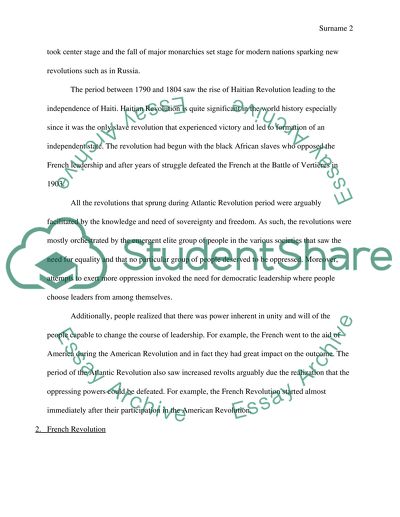Cite this document
(“World History Essay Example | Topics and Well Written Essays - 2500 words”, n.d.)
Retrieved from https://studentshare.org/history/1681391-world-history
Retrieved from https://studentshare.org/history/1681391-world-history
(World History Essay Example | Topics and Well Written Essays - 2500 Words)
https://studentshare.org/history/1681391-world-history.
https://studentshare.org/history/1681391-world-history.
“World History Essay Example | Topics and Well Written Essays - 2500 Words”, n.d. https://studentshare.org/history/1681391-world-history.


